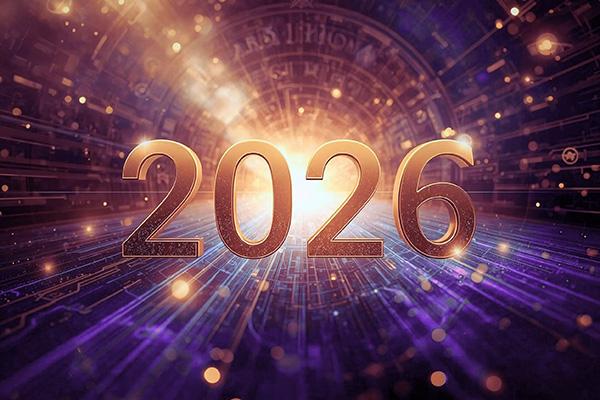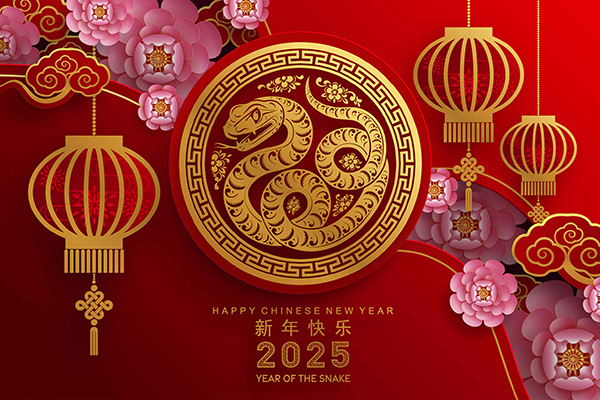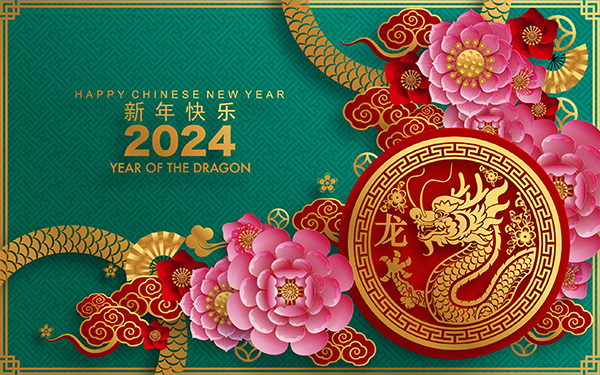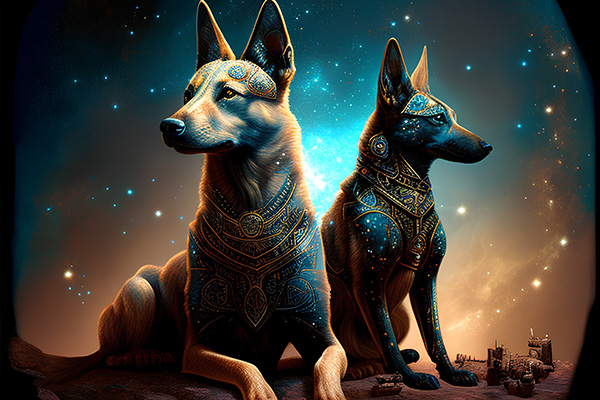chinese astrology
What Horses Teach Us About Freedom And Personal Power
 Nature is a great place to go when we need to think clearly, feel peaceful, and get back to a healthy balance. It is even better if this includes the opportunity to watch animals in their natural environment.
Nature is a great place to go when we need to think clearly, feel peaceful, and get back to a healthy balance. It is even better if this includes the opportunity to watch animals in their natural environment.
Animals also carry their own special spiritual wisdom that can add value to our lives if we pay attention.
When I watch horses move freely, it reminds me to honor my own path, trust my instincts, and move forward with grace.
In mythology, it is revered in many forms: as the ethereal Unicorn, the winged Pegasus born from Medusa’s blood, and Sleipnir, Odin’s magical eight-legged steed from Norse mythology.
Horses hold a deeply symbolic place in many cultures, often representing freedom, strength, spirit, and connection between realms. As we move into the Chinese Year of the Horse, these energies feels particularly relevant.
In many Indigenous traditions, especially among the Plains Nations of North America, the horse is seen not as an animal to be used as a tool, but as a “relative” and a sacred member of the Horse Nation.
Referred to by names such as the Lakota Šúŋkawakȟáŋ, meaning “Holy Dog” or “Mysterious Dog”, the horse is seen as a spiritual gift from the Great Spirit or the Thunder Beings.
2026: Psychic Insights For The New Year
 As we step into a new year, we find ourselves at a powerful turning point, one that invites reflection on what has fallen away and clarity about what is now ready to emerge.
As we step into a new year, we find ourselves at a powerful turning point, one that invites reflection on what has fallen away and clarity about what is now ready to emerge.
We asked our gifted team of psychics and mediums to share their insights for the year ahead, offering guidance on the themes, challenges, and opportunities that are likely to define 2026.
Most of our psychics feel the energy surrounding 2026 to be unmistakably different from the years that preceded it. Where recent times emphasized introspection, healing, and the slow dissolution of outdated systems, 2026 marks a decisive shift toward movement, empowerment, and visible change.
The inner work we have all been engaged in for more than a decade now demands expression in the outer world. This is not a year for passive hope or spiritual retreat. It is a year that asks for participation.
Across astrology, numerology, emerging technologies, and the channeled insights of our psychics and mediums, the message is strikingly consistent: 2026 is a year of agency. Choice matters more and more. Actions carry greater and more instant consequences. Avoidance becomes harder to keep up.
The question is no longer ‘what do you believe’, but what are you willing to stand for now that you know what you know? The year 2026 asks for courage, but it also brings extraordinary opportunities. With the right understanding, support, and spiritual foundation, this can be a year of conscious creation, not chaos.
The Mystical Year Of The Yin Wood Snake
 As we settle into 2025, the energy of the Yin Wood Snake begins to take shape, revealing its unique rhythm and influence.
As we settle into 2025, the energy of the Yin Wood Snake begins to take shape, revealing its unique rhythm and influence.
While the excitement of the Chinese Lunar New Year celebrations may have faded, the true essence of the year is beginning to unfold.
Now is the perfect time to align with the energies of the Wood Snake, harness its mystical power, and set a clear, intentional path for the months ahead.
The Year of the Wood Snake brings a harmonious fusion of intuition, mystery and steady growth.
The Snake, known for its wisdom and transformation, merges with the nurturing and grounding essence of the Wood element this year, fostering patience, adaptability, and a deep connection to our spiritual and emotional roots.
Unlike the impulsive Fire Snake or the analytical Metal Snake, the Wood Snake encourages thoughtful progress and long-term vision, making 2025 an ideal year for meaningful evolution.
In many cultures, the Snake symbolizes rebirth, wisdom and mystery. Its ability to shed its skin represents the release of outdated beliefs, limitations, and habits, clearing the way for renewal. This year invites you to embrace transformation, trust your intuition, and align with the subtle yet powerful energy of the Snake as you enter a year of profound personal and spiritual growth.
Astrology Forecast January 27 – February 2, 2025
 The week begins with Mercury entering innovative Aquarius, sparking fresh ideas and out-of-the-box thinking. Communication takes a forward-thinking turn, making this a prime time for brainstorming, problem solving, and embracing new perspectives in both work and business.
The week begins with Mercury entering innovative Aquarius, sparking fresh ideas and out-of-the-box thinking. Communication takes a forward-thinking turn, making this a prime time for brainstorming, problem solving, and embracing new perspectives in both work and business.
Over the next two weeks, a strong pull to connect with like-minded individuals will encourage you to explore intellectual pursuits that challenge traditional norms. Let your curiosity lead you into uncharted mental territory where unique insights and creative solutions await.
Conversations are likely to be lively, witty, and full of originality. But beware of jumping to conclusions or appearing aloof – a balance of logic and diplomacy will smooth both professional and social interactions.
Wednesday marks the Chinese New Year, ushering in the Year of the Snake, an ancient symbol of intelligence, intuition, and charm.
The Year of the Snake repeats itself every 12 years, and people born under this sign are known for their wisdom, resourcefulness, and quiet determination.
The element associated with each Snake year adds nuance to its influence. In 2025, the Wood Snake brings a dynamic blend of growth, creativity and flexibility, enhancing the traditional Snake traits of patience, insight and strategy.
The energy of the Snake makes 2025 a year in which success comes to those who move with calm deliberation rather than haste. Trust your instincts, follow your inner voice, and make thoughtful decisions, especially when it comes to finances, relationships, and career paths.
Abundance Rituals For A Prosperous 2025
 The universal energy of renewal and infinite possibility beckons as we enter the year 2025. The beginning of a new year is a great time to release old energies that no longer serve us and to invite a new wave of abundance, prosperity and fulfillment into our lives.
The universal energy of renewal and infinite possibility beckons as we enter the year 2025. The beginning of a new year is a great time to release old energies that no longer serve us and to invite a new wave of abundance, prosperity and fulfillment into our lives.
New Year’s manifestation practices not only clarify and align our intentions from the start, but also release energetic blockages, allowing prosperity and well-being to flourish. Releasing the old creates space for new possibilities and opportunities to flow into our lives.
The modern idea of setting intentions or “New Year’s resolutions” has its roots in various traditions. For centuries, cultures around the world have marked the transition to a new year with spiritual, esoteric, and religious practices and ceremonies.
In Mesopotamia, for example, the Akitu festival celebrated the Spring Equinox as the beginning of a new year and included rituals to honor the gods and ensure a bountiful harvest.
In Babylonia, at the beginning of each year, people made promises to their deities to return borrowed items and pay their debts. These promises were a way to start the year fresh and in good standing with the higher realms.
The ancient Romans perpetuated the tradition by dedicating the month of January to Janus, the two-faced god who looked both backward and forward to symbolize “looking back” on the past year and “looking forward” to the New Year, making it a time for personal reflection and new beginnings.
Astrology Forecast February 5 – 11, 2024
 Mercury moves into Aquarius today, challenging us to think differently for the next few weeks. Breaking out of old molds and thought processes will be the challenge as the rulin planet of communication, intellect, and the mind moves through this electric sign.
Mercury moves into Aquarius today, challenging us to think differently for the next few weeks. Breaking out of old molds and thought processes will be the challenge as the rulin planet of communication, intellect, and the mind moves through this electric sign.
Our most productive days of the week will be tomorrow and Wednesday as the Moon marches through Capricorn, so get your to-do list completed before the fireworks and celebrations begin, as this week marks the beginning of the Chinese New Year 2024.
This year we celebrate the Year of the Dragon, more specifically, Wood Dragon. An Aquarius New Moon occurs on Friday, February 9th, which officially kicks off Chinese New Year on February 10th, lasting until January 28th, 2025.
The Year of the Dragon is any esteemed year in Chinese culture, as it is associated with strength, prosperity, and good fortune. In the Chinese zodiac, each year is associated with one of the twelve animal signs, and the Dragon is the only mythical creature in the cycle. People born in the Year of the Dragon are believed to inherit the dragon’s characteristics, which include intelligence, ambition, courage, and a strong sense of justice. Continue reading
The Mythical Legacy Of Dogs
 The cat isn’t the only pet with a long history of myth and legend. Dogs have played an important role in human culture and spirituality for centuries.
The cat isn’t the only pet with a long history of myth and legend. Dogs have played an important role in human culture and spirituality for centuries.
The dog, or “man’s best friend,” is the subject of many magical tales, wisdom traditions, and folklore throughout the world. Like the cat, dogs were companions of the ancients and are still considered symbols of loyalty, courage and protection.
In Greek mythology, dogs are associated with the goddess Hecate, who is also known as the “dog goddess.” She is the goddess of witchcraft, magic, and the crossroads, and is typically depicted in ancient Greek art with a pack of dogs at her side.
Today, the brightest star in the night sky, Sirius, is also known as the Dog Star, because it is traditionally seen as the protector of the night sky. In many cultures, Sirius has been associated with dogs because of its brightness and prominence.
Perhaps the most famous dog in Greek mythology is Cerberus, the three-headed guardian of the underworld. Cerberus not only prevented the dead from leaving the underworld, but also the living from entering it. He was finally captured by the hero Heracles in one of his twelve labors. Another famous Greek dog is Laelaps, a swift dog given by the god Zeus to the hunter Actaeon. Laelaps was so fast that he could catch any prey, but he was also cursed to always catch his prey.